During the European Summit in Brussels, EU member states agreed on agreements that would bring down high energy prices. Among other things, a way is being sought to reduce the peak in gas prices without the objections seen by the Netherlands and Germany, among others. “It’s a very complex issue,” Dutch Prime Minister Mark Rutte explains. The price of gas should go down further, but in a way that we can continue to get gas. This does not mean that they are heading to Asia or Latin America. We have to get it here.” In concrete terms, European leaders have come up with a “temporary and dynamic price corridor,” with important terms. That’s exactly what that means.
After ten hours of negotiations, European leaders found a Political agreement on a concrete strategy To reduce peak gas prices. They are urgently asking energy ministers and the European Commission to introduce a so-called “temporary and dynamic price corridor” for natural gas trade. This is the agreed minimum and maximum price over which the price of gas can fluctuate. However, there are conditions attached to it: this price corridor must not jeopardize the security of supply and must also not lead to an increase in gas consumption.
Recent additions have been important to keep the Netherlands, and especially Germany, on board. Throughout the evening and night, it seemed to insiders that Germany was isolated during the consultations. Berlin didn’t want to hear about the “unexamined gas price ceiling”, precisely because lower European prices could mean suppliers would simply look to other markets. In the end, German Chancellor Olaf Schulz proved he was not stubborn, but the conclusions had to be seriously refined to get him to agree to the text.
There is no real fixed price cap
Belgium and the other 14 member states, which have long advocated capping gas prices, are pleased with prospects ‘Temporary and dynamic price corridor’. Thus, this price corridor is not a true fixed price ceiling, but a maximum and minimum between which the price can fluctuate. Specifically to persuade other countries, expressly referred to The guarantees the European Commission had already included on TuesdaySuch as ensuring the security of supply.
Dynamic Price Corridor is coming Waiting for a new standard For liquefied natural gas (liquid gas). This new target price should be influenced by the erratic and often very high price of pipeline gas from Russia compared to the Dutch TTF gas receiver, the wholesale exchange that currently sets the price of gas in Europe. As European Commission President Ursula von der Leyen previously explained, the fund market is no longer working properly. It is, in fact, heavily influenced by Russian manipulation of gas supplies to Europe, which makes pipeline gas prices in that trading venue extremely volatile.
The new gas price index should be ready by April of next year, when EU countries will begin to replenish their gas stocks next winter. The new index should ensure a stable and predictable price for LNG, she says.
Voluntary group purchases
Moreover, the European Commission on Tuesday proposed that EU countries buy 15 percent of their gas together, so as not to raise prices among themselves. It is now confirmed Collective gas purchase on a voluntary basis It will happen, except for the last 15% that member states need to replenish their reserves which thus determines the entire price of gas. The committee’s proposal is being followed up to Final percentages required To buy in a group.
A cost-benefit analysis of the so-called “Iberian model” is being conducted to reduce the price of gas used to produce electricity, before further detailing this pathway. According to French President Emmanuel Macron, this model can be used if gas prices – and therefore electricity prices as well – are not sufficiently reduced as a result of other measures.
Berlin can sound the alarm
EU leaders’ political guidelines must now lead to concrete decisions on European Energy Council. At a summit like yesterday and tonight, leaders have to adopt their conclusions unanimously, while decisions in the Energy Cabinet require a qualified majority.
According to a diplomatic source, German Chancellor Schulz fears he will outnumber his country in the cabinet, or that Greens Minister Robert Habeck will be forced to vote with other nations. Something has been done. “The wording has been modified here and there and the draft text has been modified to provide political comfort to Chancellor Schultz,” a source said. In order to convince Schulz that his country would not be voted into the European Council of Ministers, it was also agreed that Berlin – if such political embarrassment threatened – could sound the alarm and order a new European summit meeting. So decisions are always taken unanimously.
Radhi de Crooze
Belgian Prime Minister Alexandre de Croo (Open Vld) expressed his satisfaction with the agreement, which indicates a clear direction for the further materialization of the proposals, he said. “In the meantime, I’ve already been able to discuss this with our Energy Minister (Tinne Van der Straeten (Groen), and she also says, ‘We can start with this, it provides clarity we haven’t had yet’.”
According to de Croo, the results created an atmosphere of political trust among the member states. “At a certain point, I asked if the intention was to really make the price corridor work or if we could declare in advance that it wouldn’t be a thing. Then the answer came from countries with objections that if they didn’t want it, they would have already blown it up. With this Meaning, we had a good practice in listening to each other and trusting each other.”
So far, the logic has always been to keep energy markets as free as possible, and now there is a fairly large intervention.
Dutch Prime Minister Mark Rutte noted in his response that instead of setting a real fixed price cap, they now want to know “if you can really lower the price for very strange things”. “This is a complex matter and needs further study and detail by the energy ministers of different countries.” He also says he expects there will be enough enthusiasm to voluntarily enter the market together and thus buy gas in a group purchase. “I’ve actually noticed all colleagues saying: ‘If we can put this into practice quickly, everyone will have an interest in being involved.'”
next Tuesday meeting
Commission President Ursula von der Leyen said the summit provided the strategic direction for discussing the energy she wanted. Next Tuesday, energy ministers will discuss the commission’s package for the first time, based on leaders’ guidance. French President Emmanuel Macron expects measures to be taken “within two to three weeks”.
“So far, the rationale has always been to keep energy markets as free as possible, and now there is a fairly large intervention,” De Croo continues the analysis. “We are directing the Council and the Commission to a virgin area here. We will intervene in an area where we have no experience as a European political scientist.”
Unlimited free access to Showbytes? And that can!
Sign in or create an account and never miss a thing from the stars.

“Total coffee specialist. Hardcore reader. Incurable music scholar. Web guru. Freelance troublemaker. Problem solver. Travel trailblazer.”






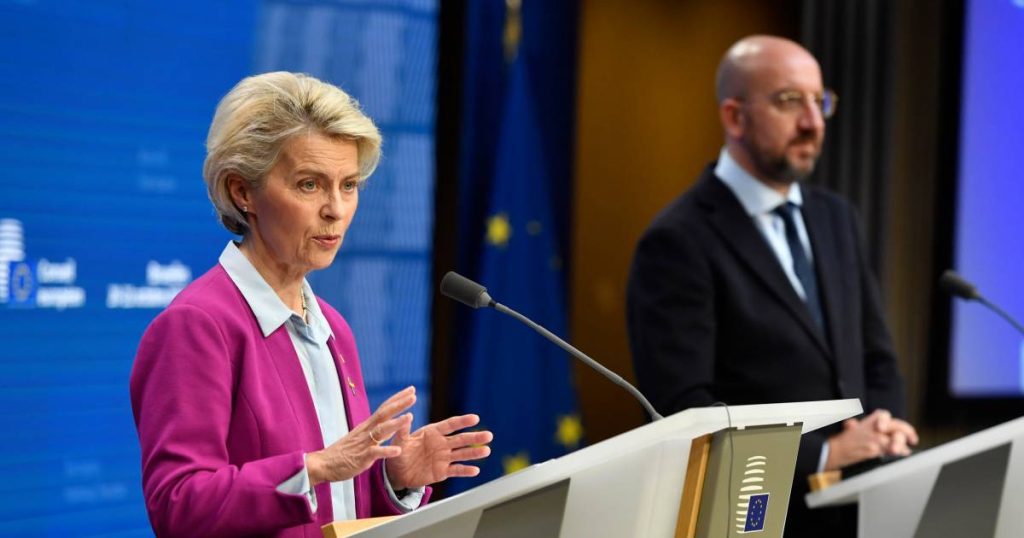
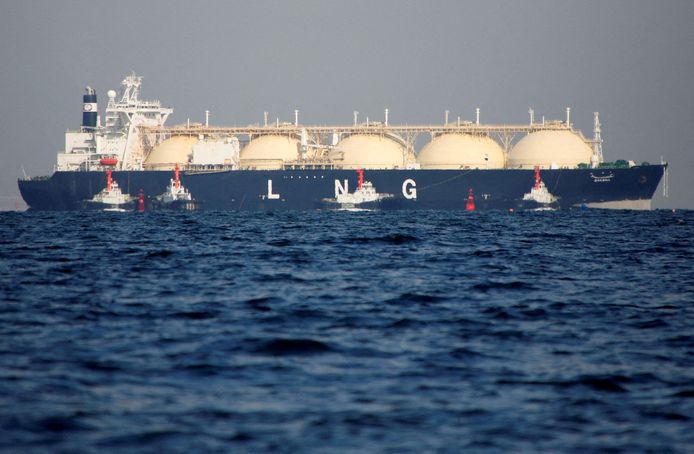
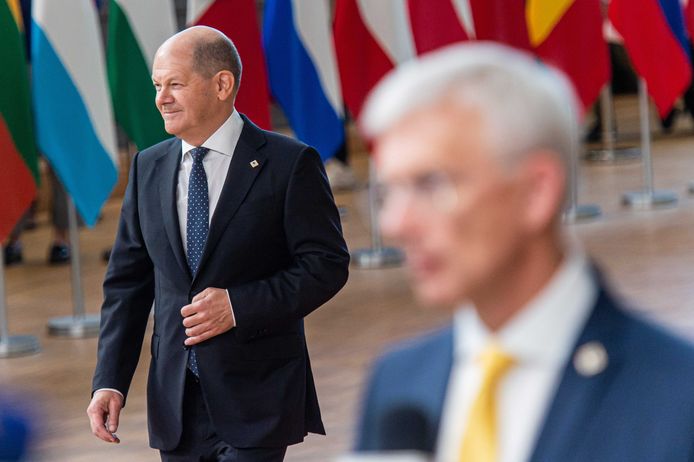
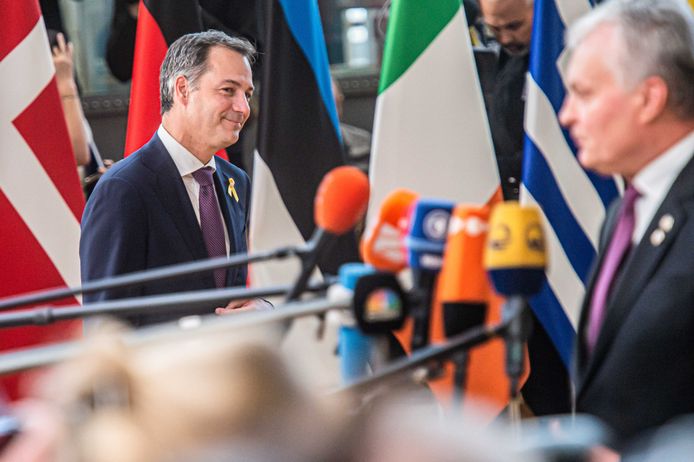
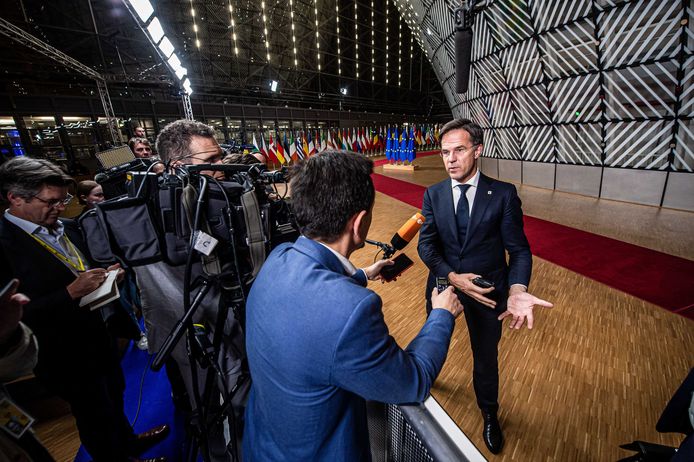
More Stories
Bitcoin price rises after new jobs data from US
European stock markets open higher | beursduivel.be
Russia’s oil imports to China decline